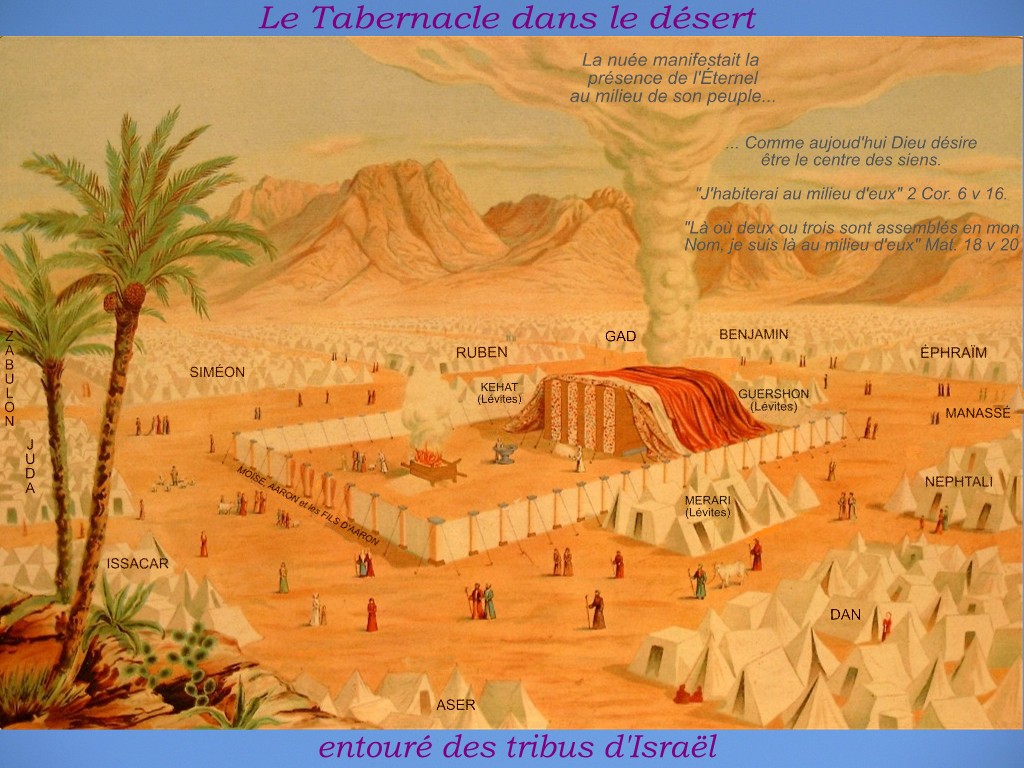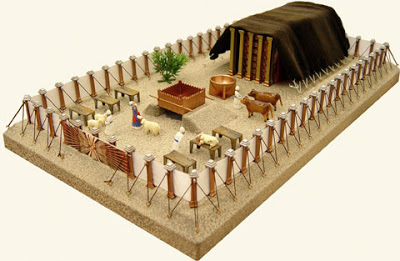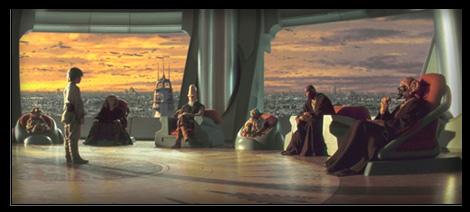
 |
Freethought & Rationalism ArchiveThe archives are read only. |
|
|
#21 | |
|
Veteran Member
Join Date: Jun 2010
Location: seattle, wa
Posts: 9,337
|
Quote:
|
|
|
|
|
|
#22 |
|
Veteran Member
Join Date: Jun 2010
Location: seattle, wa
Posts: 9,337
|
If we went to understand why Christianity arose this is an extremely important discussion to have.
|
|
|
|
|
#23 |
|
Veteran Member
Join Date: Jun 2010
Location: seattle, wa
Posts: 9,337
|
The book of Jubilees has an expanded version of Jacob’s second visit to Bethel [Jubilees 32: 16-36, an expansion of Genesis 35: 7]. The most notable addition is a statement that Jacob had intended to make the place a permanent sacred shrine, but was told by an angel not to do so. The angel’s words were: “Don’t build anything here, don’t treat this as a permanent sacred place, and don’t stay her. This is not the place”. There can be no doubt as to the precise meaning. The angel says that Bethel is not the unique place chosen by God as the permanent site for the Sanctuary [Mikdash] and Tabernacle [Mishkan]. He is not to go beyond what has already been done, the building of an altar, with the implication that even this is not to be permanent.
What is not nearly so certain is what the author of the Book of Jubilees regarded as the rightful permanent sacred place. It is generally supposed that the implication is that it is to be Jerusalem, but this is a facile assumption not borne out by the wording. All that is said is that Jacob had intended to mark off the sacred ground by a permanent stone fence or set of stone markers. Nothing is added to imply that the construction would later be made more elaborate. “Jacob decided to set up an enclosure to the sacred ground, and to sanctify it as permanently holy”. [verse 22]. The implication of the words is that Jacob envisaged the eventual construction of a fane, not a temple. This emphasis on the sacredness of the ground rather than the sacredness of any permanent structure recalls the Samaritan viewpoint more readily than the viewpoint of a Jewish author. The orthodox Samaritan position is that it is offensive to put up a stone building and call it by the Pentateuchal terms the Mishkan (Tabernacle) or the Mikdash (Holy Place). The offence of the Jerusalem Temple was compounded, in this view, by actually CALLING it Bet ha-Mikdash, the Sanctuary Building, a contradiction in terms. It is acceptable and in fact appropriate to put a stone wall round the sacred ground. At this point the Dositheans would have said the ground is only potentially Sacred without the Tabernacle, but would probably not have objected to it being marked off. It is acceptable and in fact necessary for practicality to put some kind of roof or awning over the Tabernacle. In short, any stone structure and any roof or awning is only to mark off the sacred courts and protect the Tabernacle from the weather. Samaritan orthodoxy says there never was a Samaritan temple, because their ancestors would not have been misguided enough to build such a thing. According to this view, the accounts of the destruction of the Samaritan temple are actually accounts of the destruction of the boundary fences and protective awnings and roofs. The archaeological evidence supports this view. |
|
|
|
|
#24 |
|
Veteran Member
Join Date: Jun 2010
Location: seattle, wa
Posts: 9,337
|
For anyone that cares, I am increasingly convinced that the Samaritan tradition that survived IS Dosithean (= the heretics). They just don't know it and THINK they are orthodox. It's sort of funny because it emphasizes how fleeting terms like 'heretic' and 'orthodox' are - and interchangeable.
|
|
|
|
|
#25 |
|
Contributor
Join Date: Sep 2008
Location: Seattle
Posts: 27,602
|
Why were Pearl Harbor and 9/11 culturally trumatic?
If you do nit undestand the emotional cultural link with icons and feelings then how can you undertsnd religion? Without that it s just an academic debate. TheI(Persian) immigrants I have known are intensely prideful of Persian history. In a conversation I once confused Persian and Arab and the Iranian got really pissed.. The temple is probably part of the the soul of the post destuction diaspora Jews. As the Pyramids are iconic to Egyptians. Are yiu looking for a rational black and white answer to a human enotional question? |
|
|
|
|
#26 | ||
|
Talk Freethought Staff
Join Date: Apr 2011
Location: Deep South, USA
Posts: 7,568
|
Quote:
|
||
|
|
|
|
#27 |
|
Veteran Member
Join Date: Jun 2010
Location: seattle, wa
Posts: 9,337
|
Yes that is the point. But it's not my analysis. It's what the Pentateuch says. It's very simple. Moses says again - build this:
 and Herod built this:   and the people - most of whom hated Herod - SUPPOSEDLY came round to argue that his religious innovation was necessary for the function of the religion. So that means that Herod was greater than Moses, right? |
|
|
|
|
#28 |
|
Veteran Member
Join Date: Jun 2010
Location: seattle, wa
Posts: 9,337
|
You get that this:
 is different than this: 
|
|
|
|
|
#29 |
|
Veteran Member
Join Date: Jun 2010
Location: seattle, wa
Posts: 9,337
|
Since what I am saying is not being understood let me put it as a Star Wars analogy (my son is into this myth). Once upon a time there were the the good guys:
 and they had a religion and a way of life. Along came a bad guy:  whom all the good guys said was evil and he built something was against the Jedi culture:  Now eventually this thing created by the bad guy was destroyed:  Now imagine for a moment that the Jedi's determined that even though Darth Vader was the worst guy ever, this 'thing' he made was so sacred and holy that the Jedi way of life could not be fulfilled because this 'thing' had been destroyed.  It doesn't make sense. A bad man can't produce something holier than Moses's dictates. |
|
|
|
|
#30 |
|
Regular Member
Join Date: Apr 2010
Location: Tasmania
Posts: 383
|
Maybe it has a role as a traumatic and enhanced shared memory across the diaspora much as the potato famine for the Irish diaspora (note the shared nationalistic goal of regaining control of territory).
|
|
|
| Thread Tools | Search this Thread |
|